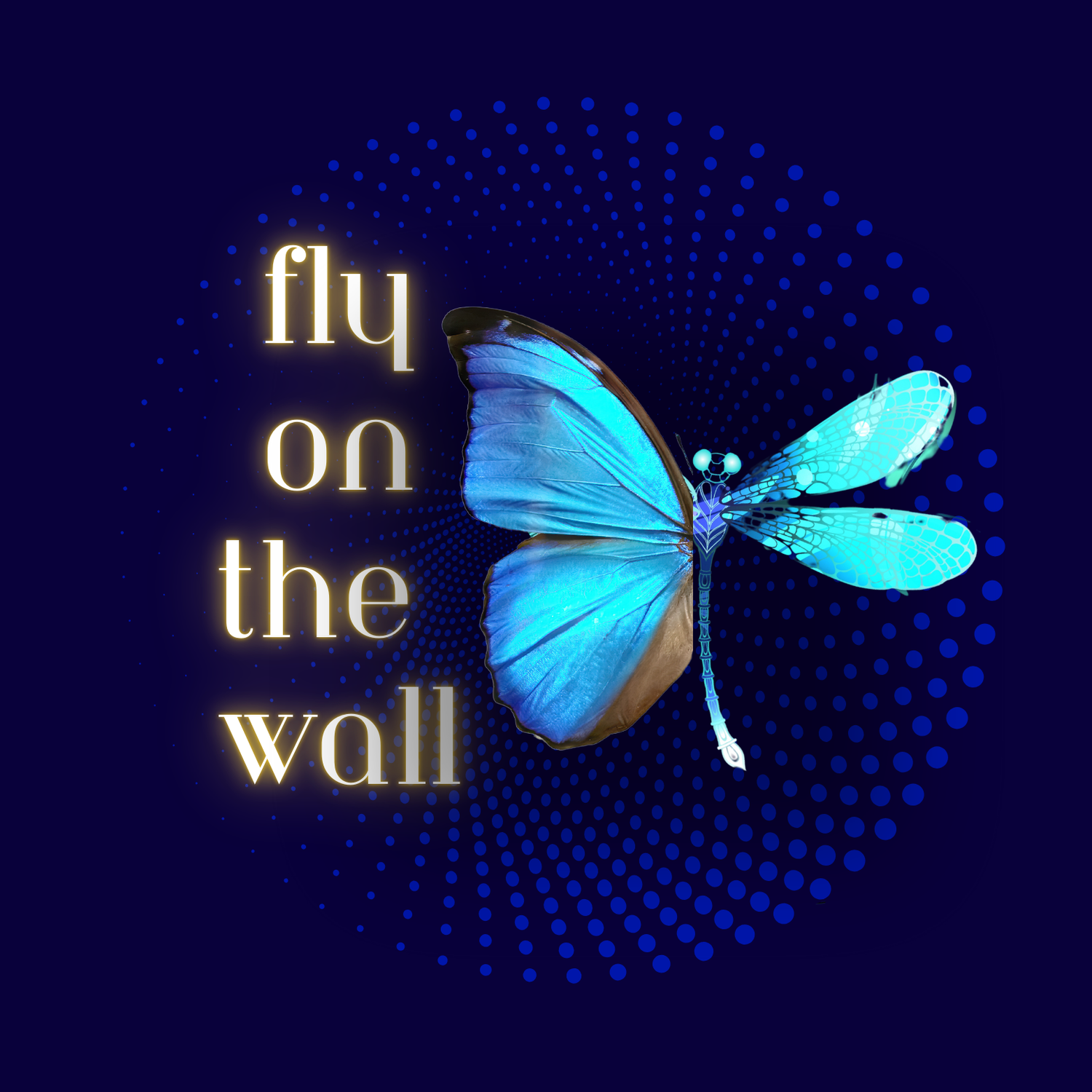Facilitator's reflections
When people who have similar experiences come together, it tends to be easier to connect.
This has been the case at our “Fly on the Wall” workshops at Te Pukenga Wintec in Hamilton. We wanted to create a safe space for people to come together and learn about anxiety, autism, and ADHD. Our goal was to understand these and connect with others who have similar experiences. We were excited, but unsure about who would attend and what information they would be seeking.
Since we started publicizing our workshops, we’ve seen a lot of interest from both staff and students. Most attendees have been students who either have a diagnosis or think they might have neurodivergent traits. We’ve also learned that having good organizational skills is really important to make sure everything runs smoothly. Many tutors and staff have also registered, so we have something special lined up for them.
On Thursday 23rd May, we had our second “Fly on the Wall” workshop.
Our aim for this session was to seek an understanding of how symptoms look from three different perspectives, a diagnostic view, the world’s view and the person’s own experience. These are important perspectives to consider when learning to advocate for ones self. When exploring the following topics, the laughter and free flow of ideas signaled high connection in the group. It's relaxing to know that you can just speak and not be misinterpreted.
Using Metaphors to Communicate and enhance understanding
We discovered that metaphors are a great way to explain what we experience. For instance, Dr. Megan Neff, a clinical psychologist who was diagnosed later in life, describes being autistic as “like wearing your nervous system on the outside of your body” which the group found relatable. This metaphor highlights how autistic people can be extra sensitive to all kinds of sensory information, explaining the various behaviours a person might have in place to prevent sensory discomfort.
Perspectives on Differences Between ADHD and Autism:
We talked about how ADHD and autism are often lumped together, but they are actually quite different.
We thought autism to be like having super-sensitive senses, like you can feel and notice everything around you very intensely, to the point of discomfort or even pain.
ADHD was described as being “like having a Ferrari brain (ie. super-fast) but with bicycle brakes”; there is so much information going in, but the person has little control over where their focus goes.
ADHDers can focus, but it's often on things that interest them rather than what needs to be done, like school assignments. This can make it difficult for students to engage with their work, leading to frustration.
Not only does ADHD present the challenge of trying to maintain focus on a particular task, it also presents the challenge of hyperfocusing. This can be a superpower because it means we can: - Do a task that normally takes weeks, in a few solid hours work - Learn information to an unusual level of depth, enabling an understanding and insight that is deeper and more thorough than is common.
Hyperfocus or a state of Flow'
When someone is fully immersed in a task with sustained focus with high satisfaction is it the same as a neurodivergent person in a state of hyperfocus? What's it like to be interrupted? would there be slight frustration and refocus or is there a meltdown, feelings of intense anger that take a lot of energy to control?
While there are some overlaps in Autistic and ADHD behaviors like “info-dumping” or oversharing, hyperfocus or hyperfixation, the difference lies in how we receive and process information about the world.
Social Navigation: Drawing my own map
One student offered the analogy that “It’s like other people have a road map to navigate communicating and connecting with other people. For [neurodivergent people], it feels like having a blank piece of paper and needing to draw the map myself from scratch.” We loved this analogy and thought it was so clever! Have you ever tried to start something from scratch? It takes a lot of perseverance, seeking understanding of lots of little details that an experienced person might take for granted, and of course, lots of mistakes and learnings.
Unfortunately, we were unable to complete our full range of topics due to losing access to the room 30 minutes earlier than expected. However, at our next session on 30th May (at the Rotokauri campus, Room Qg.50 ), we will be repeating the above content, and continuing on to create our own personal phrases to help us communicate confidently with others who may misinterpret our differences and challenges.

